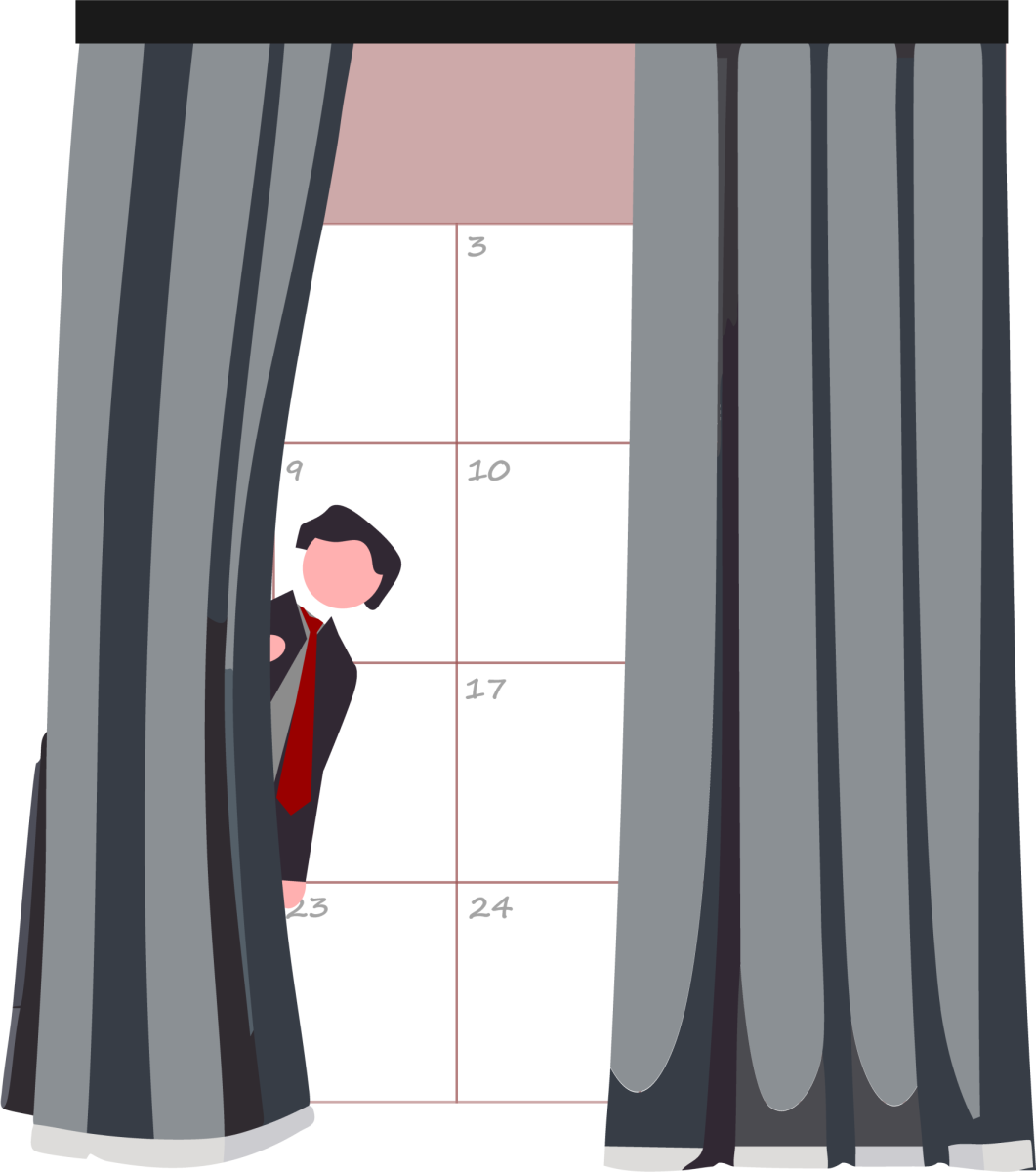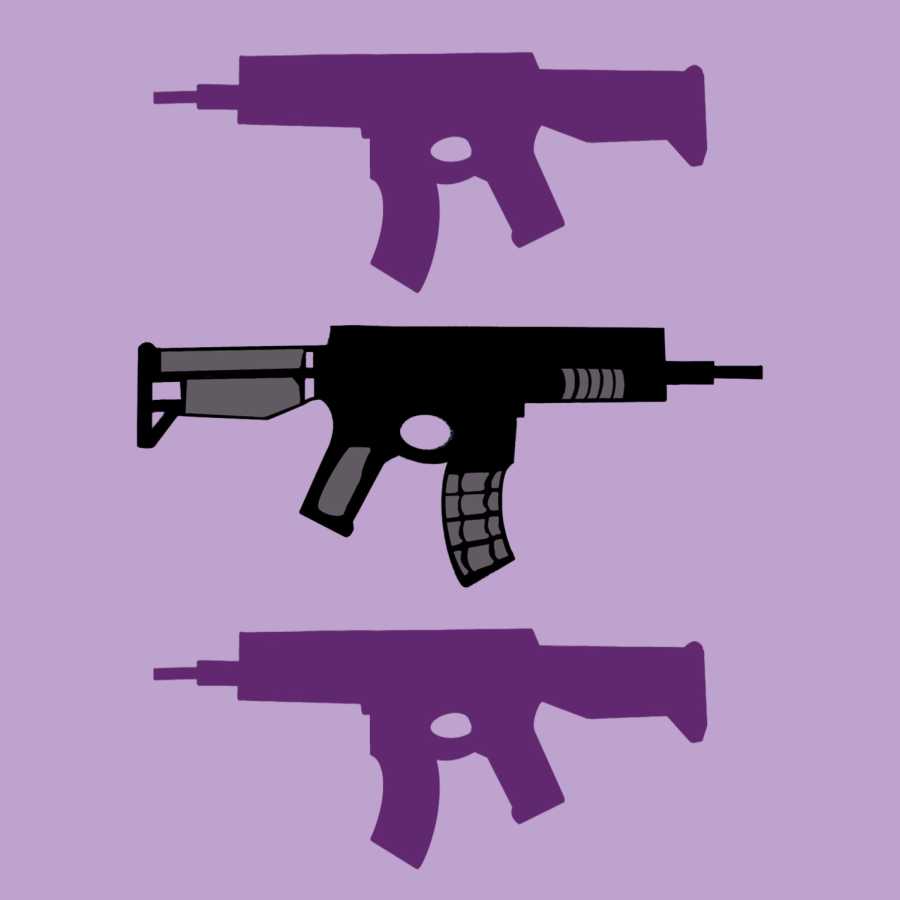Although numerous regions around the globe reside in turmoil, few match the violence found in Myanmar — a southeastern Asian nation — which is responsible for persecuting thousands of Muslim Rohingyas. Located throughout the northern Rakhine state, Rohingya citizens are severely impoverished. Despite longstanding tensions, recent operations by Myanmar’s security forces have forced roughly 10,000 Rohingyas to flee into nearby Bangladesh, creating a significant humanitarian crisis.
In October 2016, Myanmar sealed its border using military force and began the systematic killing of minority citizens. As the New York Times reported, “While the crackdown in Rakhine began in response to the killings of police officers in October … the United Nations human rights agency has said that abuses against the Rohingya may amount to crimes against humanity.” Consequently, Myanmar’s military has prevented various humanitarian groups from providing relief to those affected. Although the Rohingya citizens only represent 2.3 percent of the population, the amount of those in desperate need of aid is astounding. Indeed, as Adrian Edwards of the U.N. refugee agency said earlier this week, “It is essential that the border is kept open for people fleeing violence at the moment.”
The conflict in Myanmar comes at a time when many in the international community expected relative peace within the nation. Last fall, as the Chicago Tribune reports, “…voters in Myanmar elected their first democratic government in half a century … Now, just one year later, that promise has given way to dread … in what threatens to become the genocide of the country’s Muslim Rohingya minority.” While media outlets have been disallowed from entering Myanmar, satellite images released by the Human Rights Watch show thousands of charred homes in various Rohingya villages — a common practice adopted by the military. Yet, this is only the beginning of the horrifying violence occurring within Myanmar. According to Reuters, Myanmar’s soldiers have “…raped Rohingya women, burnt homes and killed civilians…” Furthermore, by restricting humanitarian groups from delivering aid to sick children, the situation eerily resembles genocide.
Since the 1994 crisis in Rwanda, political scholars have agreed upon several components in a definition of genocide. This often includes systematic dehumanization, involuntary isolation (usually within ghettos) and violent attacks. How many of these elements are present in Myanmar? Since the conflict began in 2012, Rohingya minorities have been forced to reside within camps. Additionally, they have been the victims of widespread rape and murder, which is a claim that officials in Myanmar have repeatedly denied. It has become quite clear that if action isn’t taken now, however, Rwanda will be repeated in Myanmar. What actions does the international community need to pursue?
The United Nations has been incapable of lifting the lockdown established by Myanmar’s military. President Barack Obama has traveled to the Asian nation multiple times, however. Additionally, Australia provides Myanmar with large sums of developmental funding. These two factors can be used as leverage, giving the international community a few options. First, President Obama, with his remaining time in office, should pressure the nation’s leader — Ms. Aung San Suu Kyi — by threatening to reestablish the economic sanctions lifted in September. Similarly, Australian officials have the duty to request that Myanmar opens its borders to humanitarian groups. These tactics shouldn’t actually be instated, though, as sanctions often have the adverse effect of hurting impoverished minorities. Instead, the U.S. and Australia should pressure the U.N. to act militarily.
Although complex peacekeeping by the U.N. is used sparingly, the Security Council has the responsibility to protect innocent Rohingya civilians. Systematic rape and murder, committed by Myanmar’s soldiers, are stark violations of international law. Once the U.N. reestablishes stability in northern Myanmar, humanitarian groups would have access to the weary Rohingya population. This operation would allow organizations, such as UNICEF, to provide relief to the “thousands of malnourished children who are in danger of starving and lack medical care.” However, it would also differ greatly from Libya, in that U.N. peacekeepers wouldn’t be tasked with forcing the current administration out of office. Rather, the U.N. would secure the northern Rakhine region, with continued diplomatic engagement to change the state’s behavior.
Indeed, the Rohingya have been refused citizenship and stripped of their cultural identity. Despite the hope leaders once shared internationally for Myanmar’s future, it has become clear that immediate action is needed to halt systematic oppression. Currently, there are nearly 120,000 Rohingya citizens residing within displacement camps. Subjected to violence and dehumanization, the small Muslim minority is in dire need of international support. Using economic diplomacy and complex peacekeeping operations, the U.N. should forcibly reopen Myanmar’s northern region. This would allow humanitarian assistance to reach the Rohingya population, thereby ending the tirade launched upon this Muslim minority.

















Jackson • Jan 15, 2017 at 12:39 am
THERE ARE MUCH MISUSE of the words ‘GENOCIDE’ , “SLOW BURNING GENOCIDE’ AND ‘ETHNIC CLEANSING’ these days.
World meida and some orgazations are falsely accusing the Buddhist Rakhine people of ‘genocide’ against the Bengali (‘Rohingya’) Muslims.
That is not even close to being a situation that can use the term ‘Genocide’.
The only true genocide in Burma was the 1942 Maungdaw Genocide – where Bengali Muslims (the term ‘Rohingya’ was unknown then) armed by the British to fight the Japanese in WWII did not fight the Japanese,
but instead, turned the weapons on the dominant, indigenous Buddhist Culture, killing 30,000 Buddhists in Maungdaw township alone, burned over 400 Buddhist villages, and sent 100,000 Buddhists fleeing for their lives
These are attempts by so-called Rohingya to cover their exaggerated and manipulative accusations against the Rakhine Buddhists in western Burma, with the inflammatory charge of: ‘genocide against the Rohingya Muslims
Jackson • Jan 15, 2017 at 12:39 am
THERE ARE MUCH MISUSE of the words ‘GENOCIDE’ , “SLOW BURNING GENOCIDE’ AND ‘ETHNIC CLEANSING’ these days.
World meida and some orgazations are falsely accusing the Buddhist Rakhine people of ‘genocide’ against the Bengali (‘Rohingya’) Muslims.
That is not even close to being a situation that can use the term ‘Genocide’.
The only true genocide in Burma was the 1942 Maungdaw Genocide – where Bengali Muslims (the term ‘Rohingya’ was unknown then) armed by the British to fight the Japanese in WWII did not fight the Japanese,
but instead, turned the weapons on the dominant, indigenous Buddhist Culture, killing 30,000 Buddhists in Maungdaw township alone, burned over 400 Buddhist villages, and sent 100,000 Buddhists fleeing for their lives
These are attempts by so-called Rohingya to cover their exaggerated and manipulative accusations against the Rakhine Buddhists in western Burma, with the inflammatory charge of: ‘genocide against the Rohingya Muslims